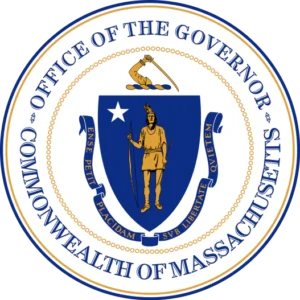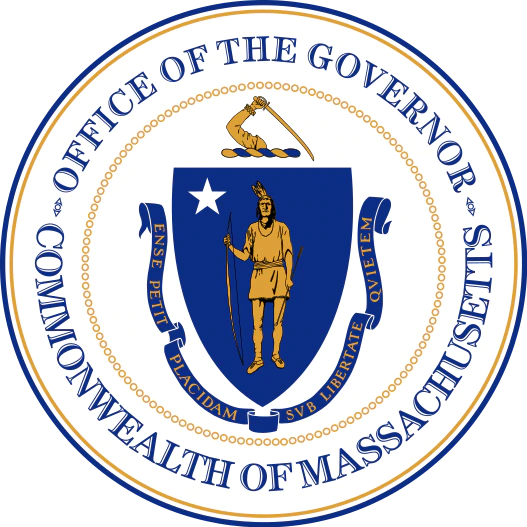The Healey-Driscoll Administration and the Massachusetts Life Sciences Center (MLSC) have announced the award of seventeen million three hundred thousand dollars in tax incentives to twenty-five life sciences companies. In return, the awards are expected to create 806 skilled positions across the Commonwealth.
This new round of support follows an initial tranche unveiled earlier this year and allocates the remaining funds made possible by the Mass Leads Act.
That law raised the annual statutory cap for the life sciences tax incentive program from $30 million to $40 million to bolster a sector viewed as a driver of Massachusetts’s innovation economy.
“The breakthroughs happening here in Massachusetts don’t just strengthen our local innovation economy — they’re saving lives and changing the world,” said Governor Maura Healey. “These tax incentive awards build on that momentum and show why Massachusetts is the best place to innovate, work, and grow,” the Governor’s Office said in a statement.
Lieutenant Governor Kim Driscoll praised the recipient companies, which, she said, are “driving extraordinary advances in science while creating meaningful job opportunities.” She added: “We’re proud to support their work and the positive impact they’re making across the state.”
Of the twenty-five awardees, twenty-three plan to expand outside Boston and Cambridge, accounting for ninety-eight percent of the new jobs expected. This reflects the administration’s goal of spreading growth well beyond the historic hubs.
“These awards highlight the momentum of our life sciences sector and the confidence companies have in Massachusetts as a place to grow,” said Economic Development Secretary Eric Paley. “The breakthroughs they’re driving today will shape our economy for decades to come.”
Matthew J. Gorzkowicz, Secretary of Administration and Finance and Co-Chair of the MLSC Board, underscored the strategic stakes. “Strategic investments like these keep Massachusetts competitive in an ever-changing global market,” he said. “They ensure that our companies have the support they need to thrive and continue driving economic growth.”
Beneficiaries of all sizes, varied projects
The 2025 cohort brings together companies working in drug discovery, medical devices, manufacturing, and diagnostics. Among the most significant commitments, Medtronic plans to expand in Billerica with a $4.85 million incentive and a pledge of 220 jobs. In Worcester, AbbVie receives $1,530,000 to support 60 positions. Repligen in Hopkinton benefits from $1,323,000 for 63 jobs, while TransMedics in Andover receives $1,600,000 for 55 positions.
Along the Route 128 corridor and beyond, Waltham will see expansions by Dyne Therapeutics and Viridian Therapeutics; Bedford will advance projects by Ocular Therapeutix, Instylla, and Lexington Medical; Lexington will support Genezen; Franklin will support Karl Storz Endovision; Acton will support Insulet; and Woburn will support Vaxess Technologies. Smaller firms—from Barrett Technology to Northeast Biomedical—also receive a boost for a handful of jobs each, evidence that the program reaches across the ecosystem.
“The next generation of cures, treatments, and technologies will be developed here in Massachusetts because we are investing in the companies that will discover them today,” said MLSC President and CEO Kirk Taylor, M.D. “We’re delighted to recognize this round of awardees for their dedication to expanding the life sciences workforce and advancing treatments that improve patient lives worldwide.”
At the Legislature, Senator Barry Finegold, Chair of the economic development committee, sees a competitive edge in these awards: “Massachusetts is already a global leader in life sciences, and these tax incentives will only strengthen our competitive advantage,” he said. “Companies on the front lines of life-saving innovative technologies can now expand their capacity to transform global medical care.”
Representative Carole Fiola, who chairs the same committee in the House, welcomed the decision’s local impact. “Congratulations to the recipients of the Massachusetts Life Sciences Tax Incentive program,” she said. “The jobs and innovation that are fueled by these companies keep Massachusetts competitive in the life science space and make a significant impact in our communities.”
The tax incentive program, jointly administered by the MLSC and the Department of Revenue, requires job commitments to be maintained over three years and regular reporting to document positions created as a result of the incentives. Since the MLSC’s founding in 2008, the agency has deployed more than $1.1 billion through grants, loans, capital infrastructure investments, tax incentives, and workforce development programs. In total, life sciences companies have pledged to create more than twenty-seven hundred jobs since the program’s inception.
For Governor Healey, the equation is clear: by supporting innovation from the Berkshires to the North Shore, the state fosters durable careers and accelerates medical solutions that will benefit patients far beyond Massachusetts.
As global competition intensifies, the Commonwealth is banking on a mix of stable incentives, world-class research infrastructure, and a unique talent pool to retain and attract leaders in biotechnology, medical devices, and diagnostics. “The breakthroughs they’re driving today will shape our economy for decades to come,” Eric Paley summarized.








